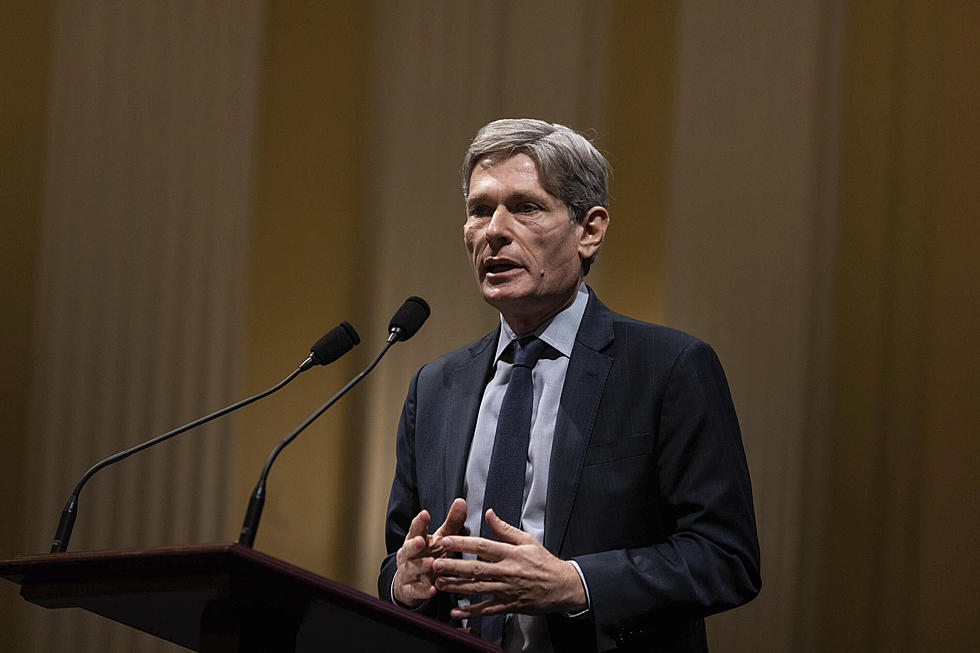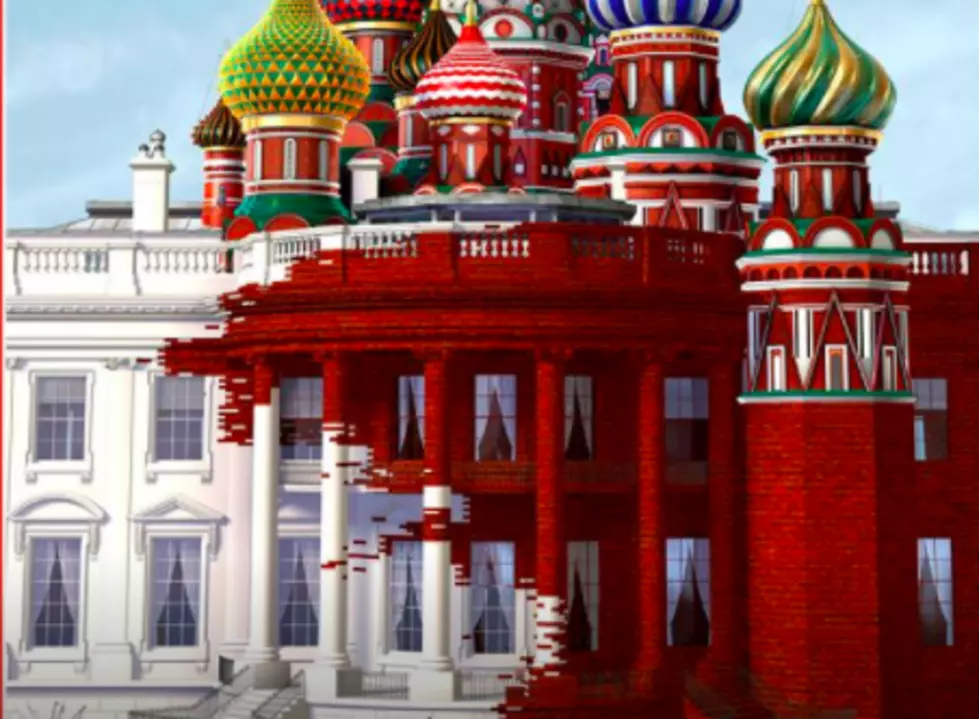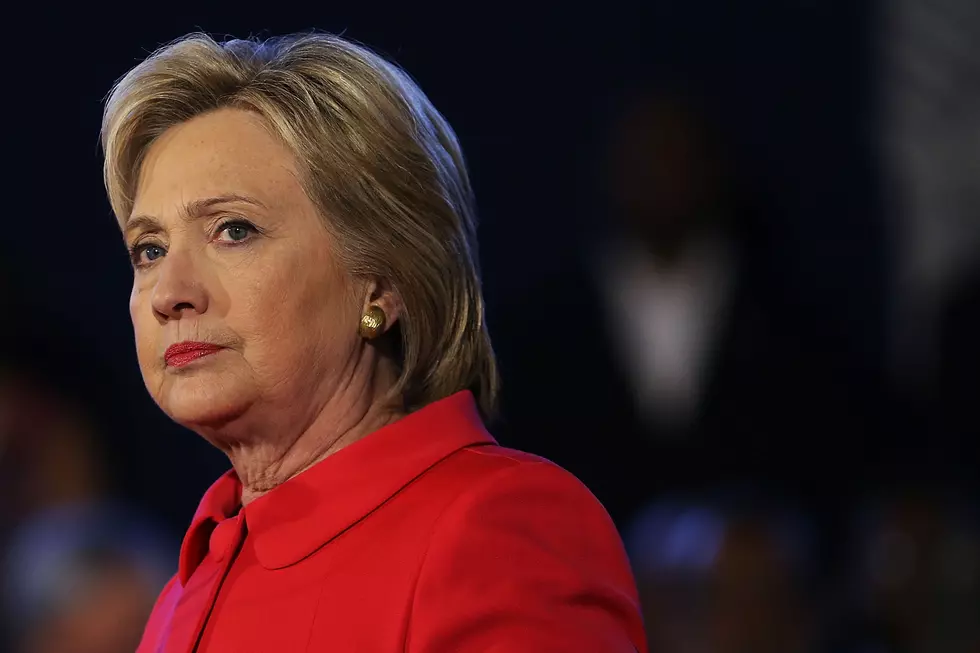
Pro-Russian rebels lower demands in Ukraine peace talks
MOSCOW (AP) -- Pro-Russian rebels softened their demand for full independence Monday, saying they would respect Ukraine's sovereignty in exchange for autonomy - a shift that reflects Moscow's desire to strike a deal at a new round of peace talks.
The insurgents' platform, released at the start of Monday's negotiations in Minsk, the Belarusian capital, represented a significant change in their vision for the future of Ukraine's eastern, mainly Russian-speaking region.
It remains unclear, however, whether the talks can reach a compromise amid the brutal fighting that has continued in eastern Ukraine. On Monday, the rebels pushed Ukrainian government forces from an airport near Luhansk, the second-largest rebel-held city, the latest in a series of military gains.
The peace talks in Minsk follow last week's meeting between Russian President Vladimir Putin and his Ukrainian counterpart, Petro Poroshenko. The negotiations involve former Ukrainian President Leonid Kuchma; Russia's ambassador to Ukraine; an envoy from the Organization for Security and Cooperation in Europe and representatives of the rebels.
Yet similar talks earlier this summer produced no visible results.
Unlike the previous rounds, this time rebels said in a statement carried by Russia's state-run RIA Novosti news agency that they are willing to discuss "the preservation of the united economic, cultural and political space of Ukraine." In return, they demanded a comprehensive amnesty and broad local powers that would include being able to appoint their own local law enforcement officials.
This deal is only for eastern Ukraine. There are no negotiations on handing back Crimea, the Black Sea peninsula that Russia annexed in March, a move that cost Ukraine several major ports, half its coastline and untold billions in Black Sea oil and mineral rights.
The talks lasted for several hours Monday and were adjourned until Friday, when the parties are to discuss a cease-fire and an exchange of prisoners, rebel negotiator Andrei Purgin said, according to RIA Novosti.
The rebels' more moderate negotiating platform appeared to reflect Putin's desire to make a deal that would allow Russia to avoid more punitive Western sanctions while preserving a significant degree of leverage over its neighbor.
Over the weekend, the European Union leaders agreed to prepare a new round of sanctions that could be enacted in a week, after NATO accused Russia of sending tanks and troops into southeastern Ukraine. A NATO summit in Wales on Thursday is also expected to approve measures designed to counter Russia's aggressive actions in Ukraine.
Earlier, Russian Foreign Minister Sergey Lavrov said participants in Monday's talks needed to push for an immediate, unconditional cease-fire. He rejected claims by the Ukrainian government, NATO and Western nations that Russia has already sent troops, artillery and tanks across Ukraine's southeast border to reinforce the separatists.
"There will be no military intervention," Lavrov told students at Moscow State Institute of International Relations on Monday, the first day of classes for schools and universities across Russia. "We call for an exclusively peaceful settlement of this severe crisis, this tragedy."
Despite the Russian denials, Ukrainian National Security Council spokesman Col. Andriy Lysenko said Monday that "not less than four battalions and tactical groups of the Russian armed forces are active in Ukraine." A battalion consists of about 400 soldiers.
In the past week, after losing ground to Ukrainian troops for nearly a month, the rebels opened a new front along Ukraine's southeastern Sea of Azov coast and are pushing back elsewhere. The coastal assault has raised concerns the rebels are aiming to establish a land corridor from Russia all the way to Crimea.
Lysenko said Monday that Ukrainian forces had been ordered to retreat from the airport in Luhansk in the face of an intensifying assault that he blamed on "professional artillery gunmen of the Russian armed forces."
On Sunday, missiles fired from the shore sunk one of two Ukrainian coast guard cutters 3 miles (5 kilometers) out to sea, Lysenko said. He said eight crewmen were rescued, but the Interfax news agency cited a spokesman for the border guards' service as saying two crewmen were missing and seven were rescued.
Fighting in eastern Ukraine between the separatists and the government in Kiev began in mid-April, a month after the annexation of Crimea. The fighting has killed nearly 2,600 people and forced over 340,000 to flee their homes, according to the U.N.
President Barack Obama and the leaders of NATO's other member countries will attend a summit in Wales that is expected to approve the creation of a high-readiness force to help protect member nations against potential Russian aggression.
"(This) ensures that we have the right forces and the right equipment in the right place at the right time," NATO Secretary General Anders Fogh Rasmussen said Monday. "Not because NATO wants to attack anyone. But because the dangers and the threats are more present and more visible. And we will do what it takes to defend our allies."
The plan envisages creating a force of several thousand troops contributed on a rotating basis by the 28 NATO countries. Equipment and supplies for the force are to be stockpiled in Eastern Europe "so this force can travel light, but strike hard if needed," Rasmussen said.
An influential U.S. senator told reporters in Kiev that he would urge Obama to give Ukraine defensive weapons.
Decrying what he called "an invasion by Russia into Ukraine with thousands of soldiers, columns of tanks, missiles and other artillery," Senator Robert Menendez, chairman of the U.S. Senate Foreign Relations Committee, said "Ukraine has to be given defensive weapons so that it can defend itself from the aggression it is facing."
He declined to elaborate on what weapons he envisioned Ukraine receiving.
Menendez also characterized the conflict in broader terms.
"This is a Russian fight against Europe being fought on Ukrainian territory. Everything that Putin doesn't like, he sees in the Ukrainian people's desire to turn to the West," he said.
More From New Jersey 101.5 FM









